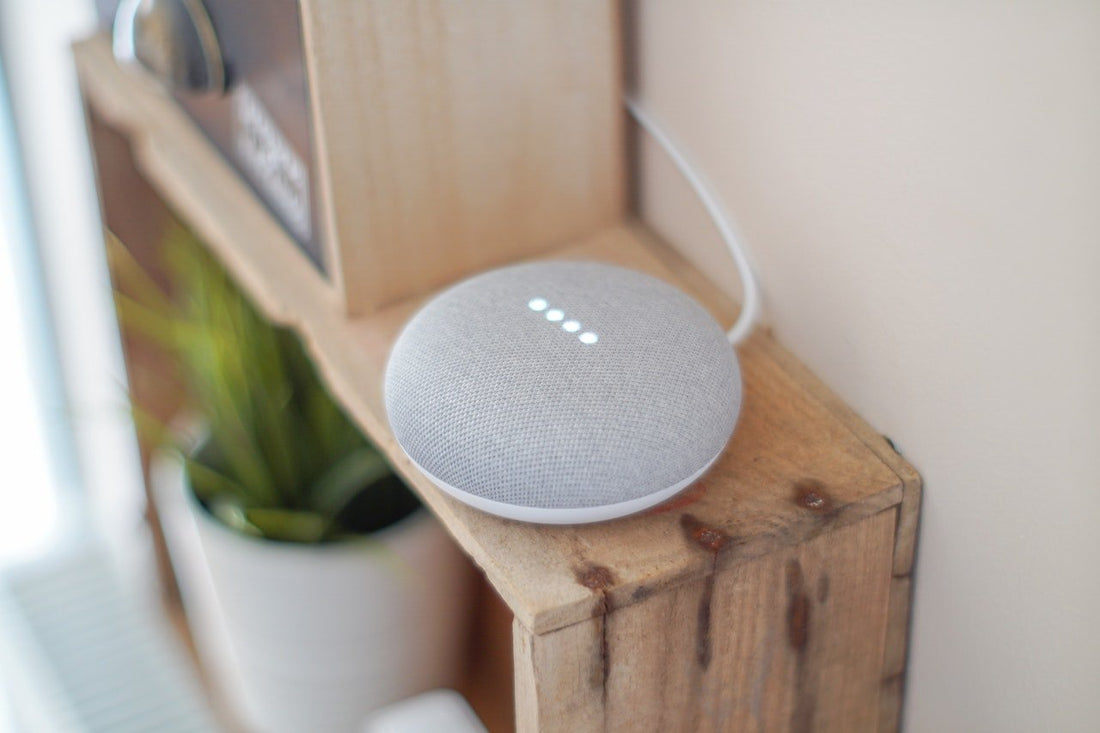
What is a smart home?
A smart home is the future of homeownership. With a smart home, you can control your lights, locks, thermostat, and more with just the touch of a button on your smartphone. Sounds amazing, right? Well, it is! And installing a smart home is easier than you might think. In this article, we will walk you through the entire process step-by-step. So whether you're a first-time homeowner or just looking to upgrade your current home security system, read on for all the information you need to get started!
A smart home is a residence that uses advanced technology to provide homeowners with increased security, comfort, and convenience. Smart home devices can include everything from door locks and security cameras to thermostats and lighting controls. Many of these devices can be controlled remotely via a smartphone or tablet, making it easy to manage your home even when you're away. In addition, smart homes often make use of artificial intelligence to provide homeowners with valuable insights and recommendations. For example, a smart home might be able to track your energy usage and suggest ways to reduce your carbon footprint. Ultimately, a smart home is an incredibly efficient and convenient way to live.
Common examples of smart home features include automatic lighting controls, temperature monitoring and adjustment, security systems, and whole-house audio/visual entertainment systems. While the initial investment required to set up a smart home can be significant, the long-term benefits are clear. In addition to the increased convenience and safety that comes with automation, smart homes also tend to be more energy-efficient than traditional homes. This not only saves money on utility bills, but it also reduces the homeowner’s carbon footprint. As more people become aware of the benefits of smart homes, it is likely that this trend will continue to grow in popularity.
How do you know if your home is ready for a smart upgrade?
Upgrading your home can be a big investment, but it can also make your life a lot easier. If you're considering making the switch to a smart home, there are a few things you'll need to take into account. First, you'll need to make sure your home is compatible with smart technology. Most newer homes will have the necessary wiring and connections, but older homes may need to be retrofitted. You'll also need to consider how much control you want over your home. Smart devices can range from simple light switches to full-fledged home automation systems. Once you've decided what kind of smart devices you want, you'll need to make sure they're compatible with each other. Otherwise, you'll find yourself with a bunch of useless gadgets. Finally, you'll need to decide how much you're willing to spend on your upgrade. Smart technology can be relatively affordable, but if you go too high-end, you might find yourself priced out of the market. With these factors in mind, you should be able to decide whether or not a smart upgrade is right for your home.
What kind of smart home devices are available to make your home smarter?
There are most smart home devices require getting your home smarter. For example, you can get smart home gadgets like a smart device called thermostat that will adjust the temperature for you based on your schedule or the weather outside of your smart home systems. You can also get other smart devices such as lightbulbs that you can control with your voice or phone. There are also smart security systems with outdoor security cameras that can alert you if there's someone at your door or movement in your smart home hub with smart speakers. And if you want to be really fancy, you can even get a robot vacuum cleaner that will clean your floors for you! So there's no excuse not to have a smart home these days.
If you're looking to install a smart home system in your house, there are a few things you'll need to do to prepare. First, you'll need to choose the right system for your needs. There are a variety of different options on the market, so it's important to do your research and select smart home services that's right for you. Once you've chosen a system, you'll need to have it professionally installed. This is the best way to ensure that everything is properly connected and working correctly. Many systems come with instructions on how to install them, but it's always best to have professional smart home installers to handle the installation process. After your system is up and running, you'll be able to control all of your home's devices from a single app or interface. You'll be able to turn smart lights on and off, adjust the thermostat, and much more. So if you're ready to make your home smarter, be sure to follow these steps.
Tips for maintaining and using your smart home system effectively
A smart home system can be a great way to make your life more convenient and efficient. However, there are a few things to keep in mind to get the most out of your system. First, be sure to keep your devices updated with the latest software. This will help ensure that your system is always running smoothly and correctly. Second, be sure to create strong passwords for all of your devices. This will help to protect your system from unauthorized access. Finally, take some time to familiarize yourself with all of the features of your system. This will help you to use it more effectively and make the most of its capabilities. By following these simple tips, you can get the most out of your smart home system.
FAQs about smart homes
What is a smart home?
A smart home is a residence that uses technology to automate and manage tasks and systems throughout the home. This can include things like climate control, security, lighting, and entertainment. With a smart home, you can often control these systems remotely via smartphone or voice assistant.
What are the benefits of a smart home?
There are several potential benefits of having a smart home. For example, you might be able to save energy by automating your thermostat or lights. You might also enjoy greater convenience and security such as with a smart security camera, as you can often operate your smart home's systems remotely. Additionally, some people find that smart homes can provide an overall improved quality of life.
How do I get started with a smart home?
If you're interested in setting up a smart home, there are a few things you'll need to do. First, you'll need to choose which devices and systems you want to include in your setup. Once you've done that, you'll need to research how to best connect and control those devices. Finally, you'll need to install your devices and start using them!

